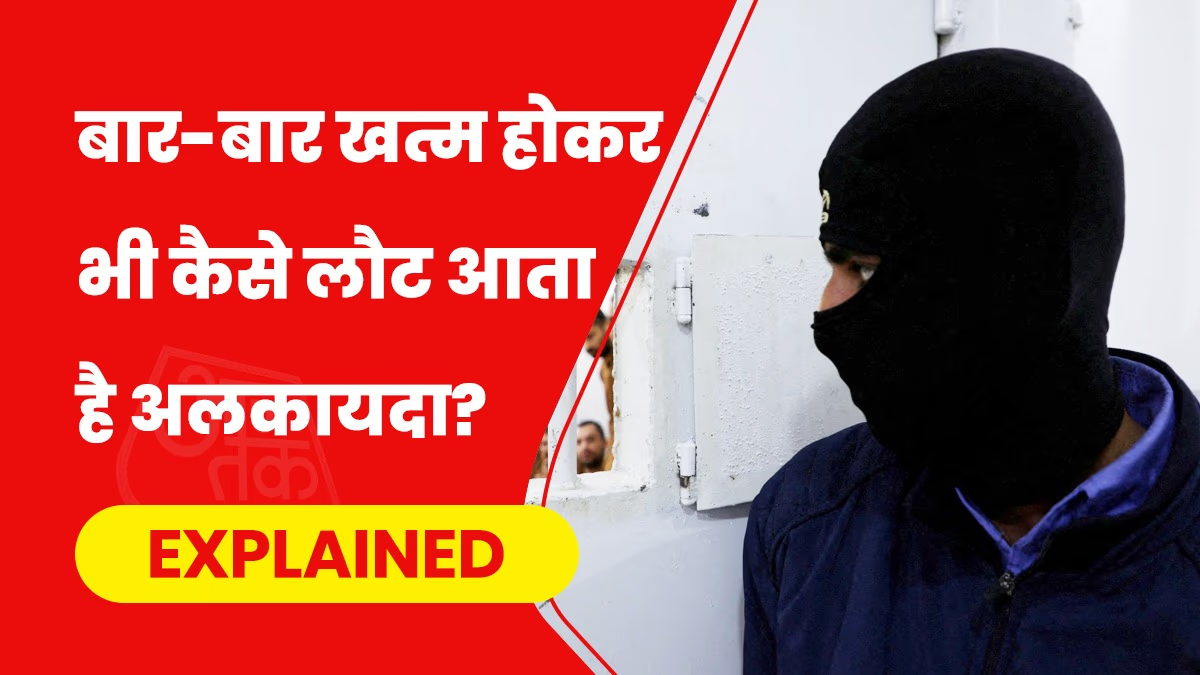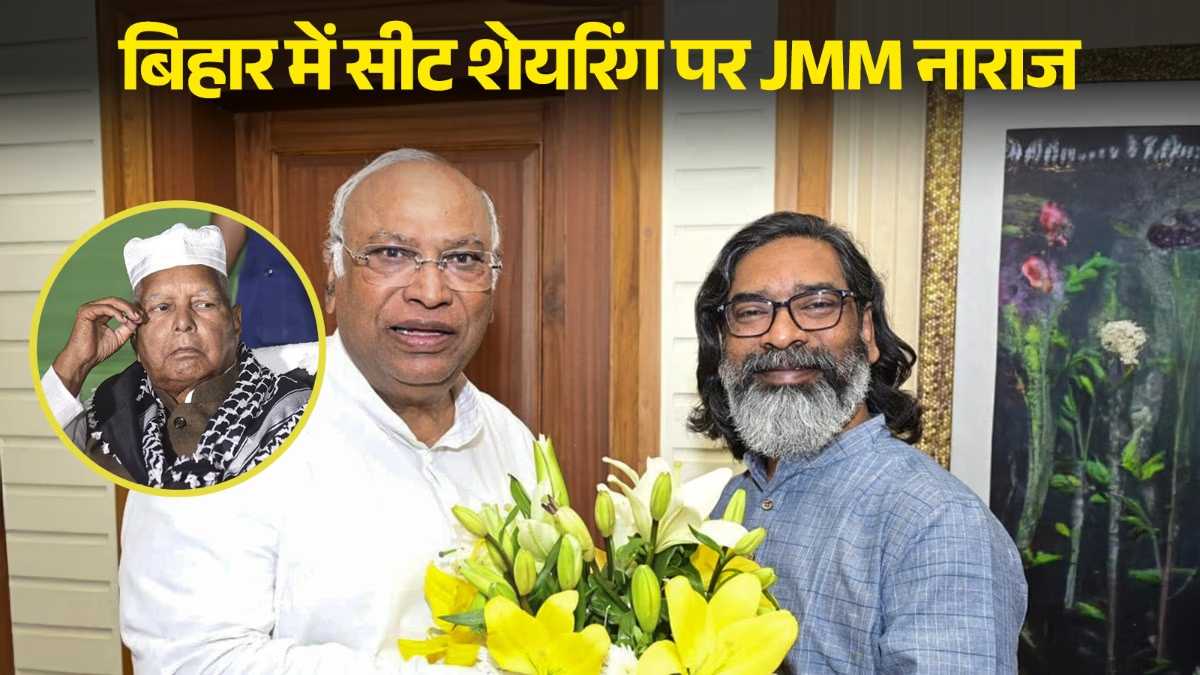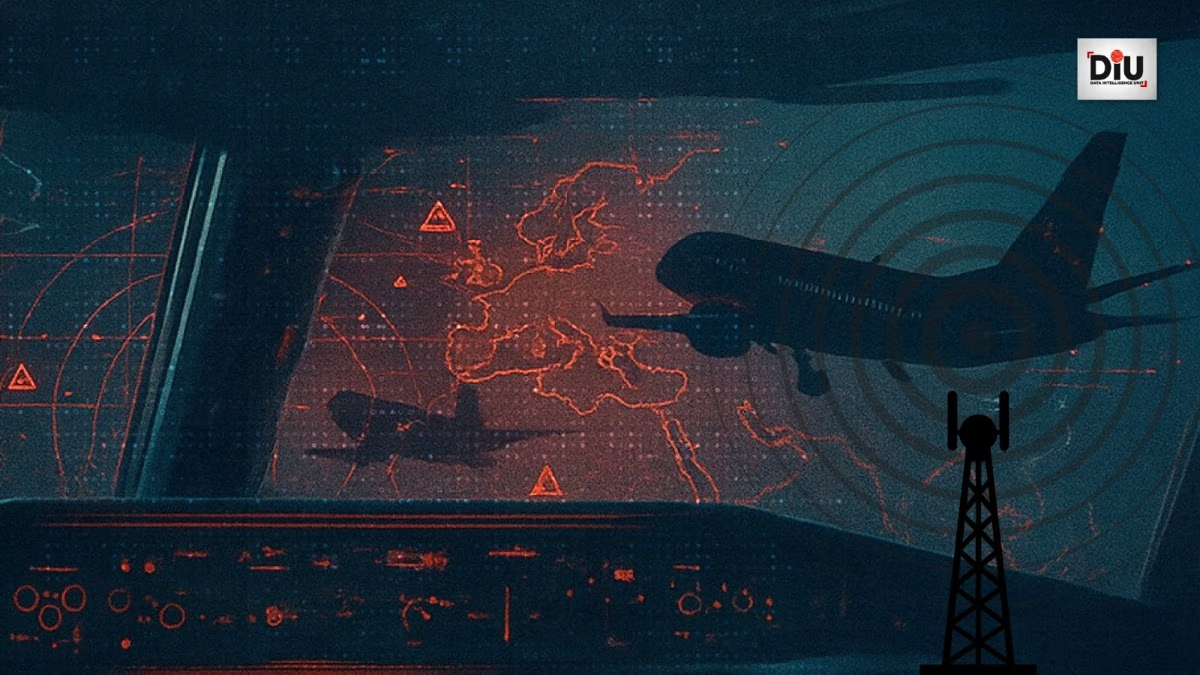The AIMIM chief, Asaduddin Owaisi, launched a fierce critique against the Uttar Pradesh government on Wednesday over alleged discrimination and harassment faced by shopkeepers along the Kanwar Yatra route. Owaisi charged that shopkeepers in Muzaffarnagar are being unfairly coerced to display name-and-address boards, with some even being threatened with the removal of their pants, a measure he labelled as utterly wrong and unconstitutional.
He alleged that the recent decision is a direct violation of the Supreme Court directive from last year, which prohibited the imposition of mandatory displays of shop owner names and phone numbers along the Kanwar Yatra route.
Owaisi questioned the necessity of such actions, stating, "Many hotels near the Muzaffarnagar bypass have been operating for years. Did the Kanwar Yatra just begin? It has peacefully taken place before. Why is all this suddenly happening now? Now, hotel owners are being asked for Aadhaar cards, and shopkeepers are asked to remove their pants."
He raised concerns over the police's role, asserting, "The police are supposed to arrest those harassing shopkeepers. Yet here, the administration itself is creating a spectacle. Even the Supreme Court's orders are being blatantly ignored. How can someone enter a hotel and question the owner's religion? This is entirely wrong. Why is the government silent on this issue?"
Owaisi's statement comes at a time when various directives have been issued by the administration to maintain law and order during the Kanwar Yatra, but opposition parties continue to accuse the state government of unilateral actions.
Mandatory Name Plates
During the Kanwar Yatra, the Uttar Pradesh government has mandated that name plates be installed at shops, hotels, and eateries. Just like in other districts, it is mandatory for hotels, restaurants, and eateries on the Delhi-Dehradun National Highway 58 Kanwar route in Muzaffarnagar district to have name plates. Shopkeepers expressed that during the Kanwar Yatra, Shiva devotees known as Kanwariyas bring water from Haridwar, so when they sit and eat at a shop, they should know whose establishment it is.




